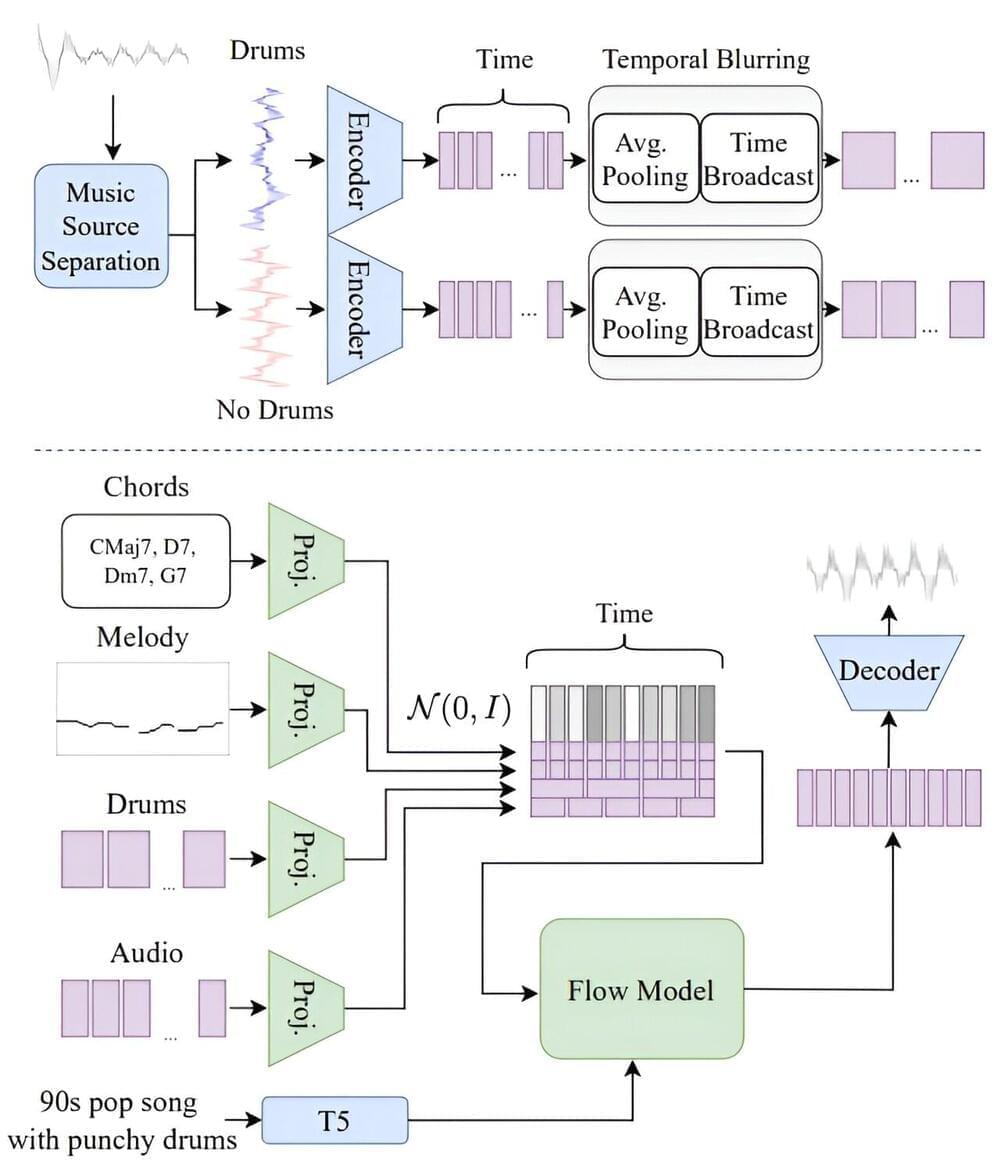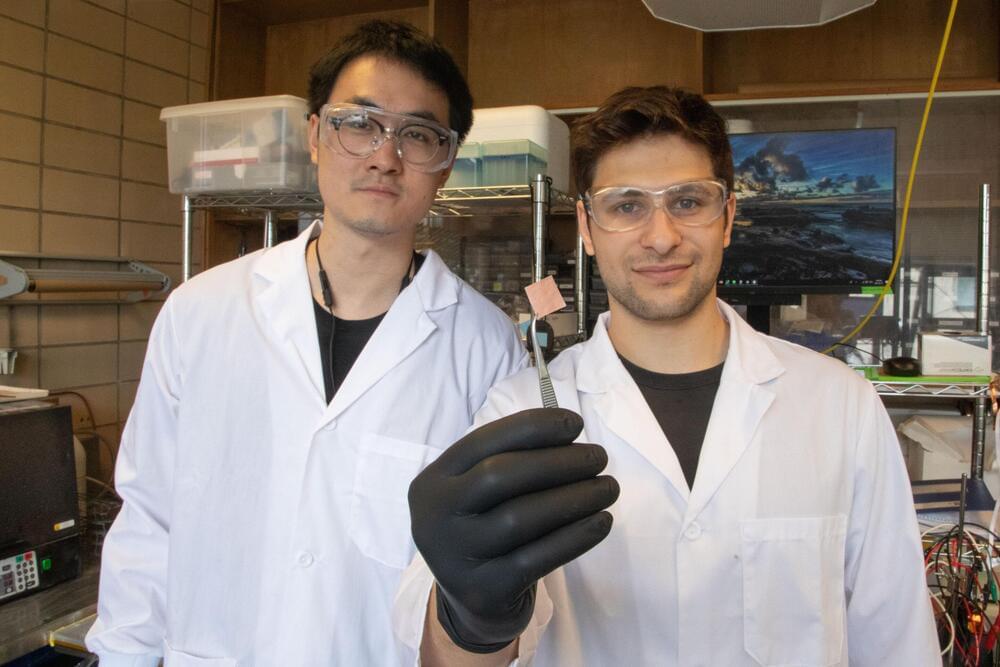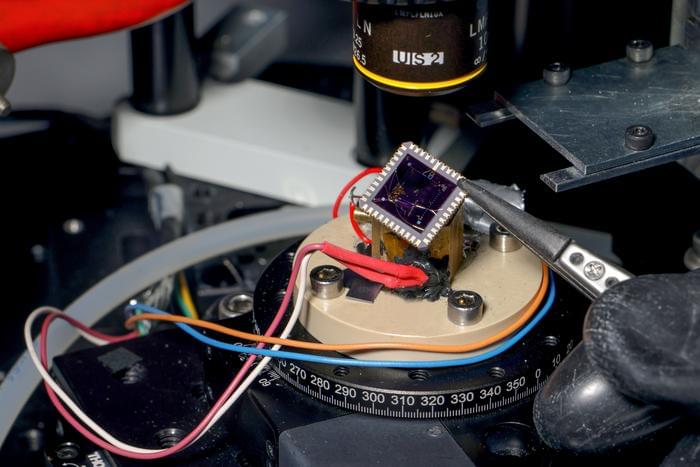Xiaomi’s CEO suggests buying a Tesla or other EVs instead of waiting for their own car, acknowledging the impressive capabilities of Tesla’s Full Self-Driving technology in China Questions to inspire discussion What does Xiaomi’s CEO suggest buying instead of waiting for their own car? —Xiaomi’s CEO suggests buying a.
Get the latest international news and world events from around the world.


Meta releases four new publicly available AI models for developer use
A team of AI researchers at Meta’s Fundamental AI Research team are making four new AI models publicly available to researchers and developers creating new applications. The team has posted a paper on the arXiv preprint server outlining one of the new models, JASCO, and how it might be used.
As interest in AI applications grows, major players in the field are creating AI models that can be used by other entities to add AI capabilities to their own applications. In this new effort, the team at Meta has made available four new models: JASCO, AudioSeal and two versions of Chameleon.
JASCO has been designed to accept different types of audio input and create an improved sound. The model, the team says, allows users to adjust characteristics such as the sound of drums, guitar chords or even melodies to craft a tune. The model can also accept text input and will use it to flavor a tune.


New contaminant-tolerant catalyst could help capture carbon directly from smokestacks
A newly designed catalyst created by University of Toronto Engineering researchers efficiently converts captured carbon into valuable products—even in the presence of a contaminant that degrades the performance of current versions.
The discovery is an important step toward more economically favorable techniques for carbon capture and storage that could be added on to existing industrial processes.
“Today, we have more and better options for low-carbon electricity generation than ever before,” says Professor David Sinton, senior author on a paper published in Nature Energy that describes the new catalyst.

A 2D Device May Help Quantum Computers Stay Cool
PRESS RELEASE — To perform quantum computations, quantum bits (qubits) must be cooled down to temperatures in the millikelvin range (close to-273 Celsius), to slow down atomic motion and minimize noise. However, the electronics used to manage these quantum circuits generate heat, which is difficult to remove at such low temperatures. Most current technologies must therefore separate quantum circuits from their electronic components, causing noise and inefficiencies that hinder the realization of larger quantum systems beyond the lab.
Researchers in EPFL’s Laboratory of Nanoscale Electronics and Structures (LANES), led by Andras Kis, in the School of Engineering have now fabricated a device that not only operates at extremely low temperatures, but does so with efficiency comparable to current technologies at room temperature.

New synthesizer track and AI video
Synthesizer symphony whilst travelling to far out places along the rickety wooden bridge between worlds. http://vevo.ly/ZCg3ZH

Synthesia’s hyperrealistic deepfakes will soon have full bodies
With bodies that move and hands that wave, deepfakes just got a whole lot more realistic.